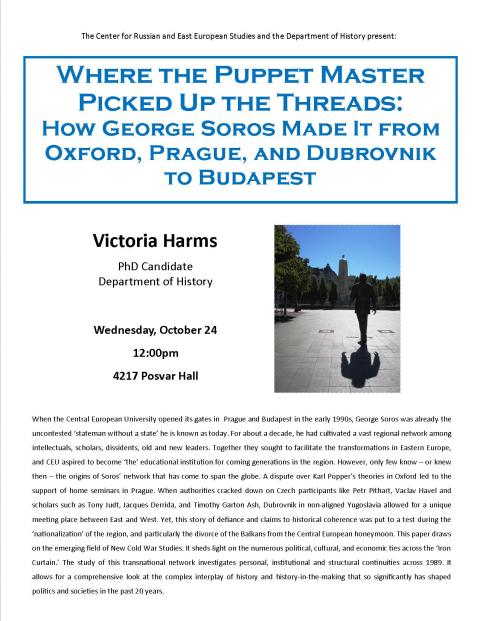
When the Central European University opened its gates in Prague and Budapest in the early 1990s, George Soros was already the uncontested ‘stateman without a state’ he is known as today. For about a decade, he had cultivated a vast regional network among intellectuals, scholars, dissidents, old and new leaders. Together they sought to facilitate the transformations in Eastern Europe, and CEU aspired to become ‘the’ educational institution for coming generations in the region.
However, only few know – or knew then – the origins of Soros’ network that has come to span the globe. A dispute over Karl Popper’s theories in Oxford led to the support of home seminars in Prague. When authorities cracked down on Czech participants like Petr Pithart, Vaclav Havel and scholars such as Tony Judt, Jacques Derrida, and Timothy Garton Ash, Dubrovnik in non-aligned Yugoslavia allowed for a unique meeting place between East and West. Yet, this story of defiance and claims to historical coherence was put to a test during the ‘nationalization’ of the region, and particularly the divorce of the Balkans from the Central European honeymoon.
This paper draws on the emerging field of New Cold War Studies. It sheds light on the numerous political, cultural, and economic ties across the ‘Iron Curtain.’ The study of this transnational network investigates personal, institutional and structural continuities across 1989. It allows for a comprehensive look at the complex interplay of history and history-in-the-making that so significantly has shaped politics and societies in the past 20 years.

